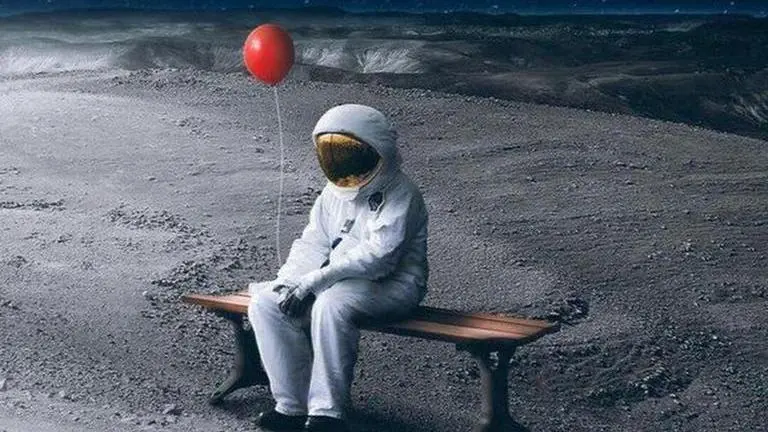Updated 13 January 2022 at 16:55 IST
Russia: Scientists are studying effects of interplanetary isolation on humans, here's why
The ongoing phase of the SIRIUS-21 mission began in November 2021 and will last for a total of 240 days where five volunteers will be locked in four chambers.
- Science News
- 2 min read

Since we humans have plans to colonise alien planets and expand our reach in the universe, there are certain challenges such as extended periods of travelling and threats to the health of astronauts that first need to be addressed. And while astronauts are on their interplanetary journey, they will experience extended periods of isolation in a secluded environment which might be challenging. In order to determine if that is the case, an international team is undergoing 240-days of voluntary isolation under the SIRIUS-21 mission in the Russia-based Institute of Biomedical Problems (IBMP).
Being #BRAIVE: a member of the international #SIRIUS21 long-duration mission simulation crew takes part in one of four European experiments to collect scientific data on changes in the brain caused by prolonged isolation and confinement 👉 https://t.co/01tK88sY8G pic.twitter.com/OaDIOFYSYV
— ESA (@esa) January 13, 2022
What is project SIRIUS-21?
The SIRIUS (Scientific International Research In Unique terrestrial Station) Project program is a large-scale international isolation project under the joint collaboration of the NASA Human Research Program (HRP) and the IBMP for a period of up to five years. This project includes a series of several joint scientific model experiments lasting 17, 120, 240 and 360 days where scientists note the effects of long-term isolation on the volunteers and test if humans are fit for long journeys to other planets.
What is happening in the ongoing session?
The ongoing phase of the SIRIUS-21 mission began in November 2021 and will last for a total of 240 days where five volunteers will be locked in four chambers. Here, they will be tested in simulated environments like that of a lunar expedition, including a Moon landing and a spacewalk.
Angelique Van Ombergen, coordinator of the research from the European Space Agency (ESA) said in a statement, ''Almost everybody can relate to prolonged periods of isolation nowadays. This is a great opportunity for European researchers to better understand human behaviour, health and performance.''
The agency revealed that the five crew members are conducting dozens of research studies on neuroscience, psychology, and immunology and are subjected to various experiments. To determine the effects of isolation on team dynamics, performance and health, the crew members are undergoing the ATHLETE experiment to note the physical and psychosocial changes faced by the volunteers during and after the mission. Besides, experiments like BRAIVE, meant to note alterations and cognitive functions in the brain along with testing the spacecraft-handling capabilities of the crew members are also being tested. To check if the SIRIUS participants are capable of doing so, they will be made to dock a Russian spacecraft to a module orbiting the Moon in different flight scenarios through a spacecraft simulator.
Advertisement
Image: Twitter/@Anton_Astrey
Published By : Harsh Vardhan
Published On: 13 January 2022 at 16:55 IST
